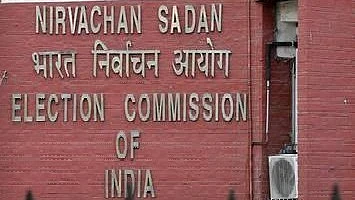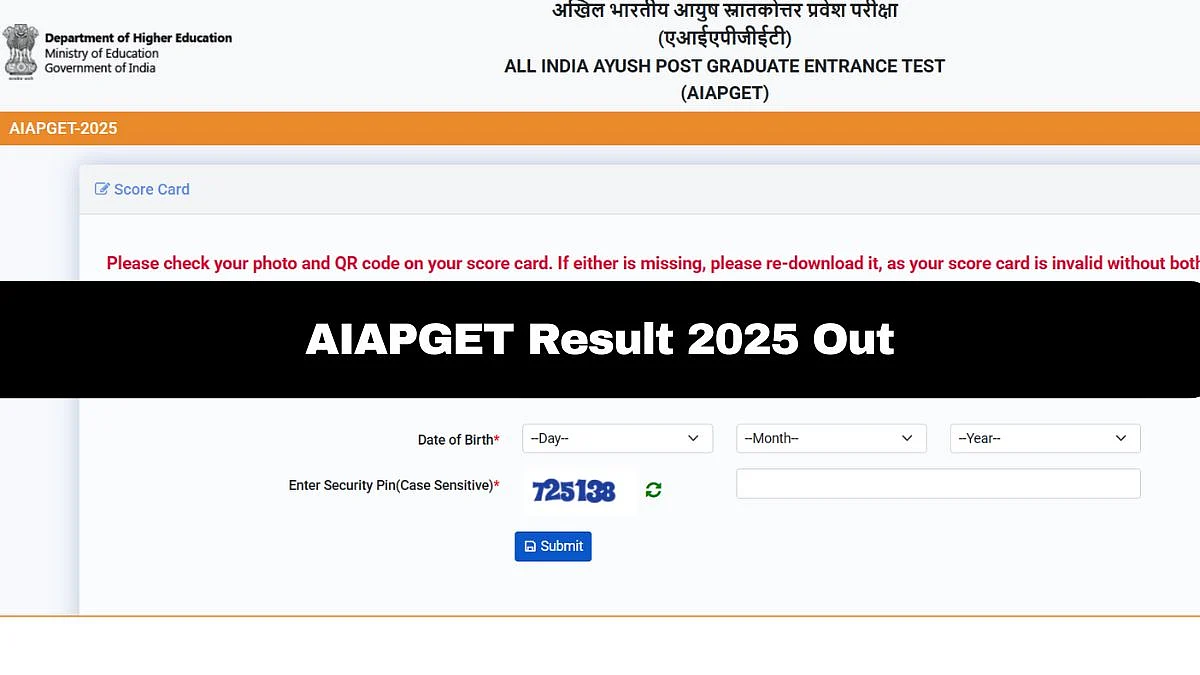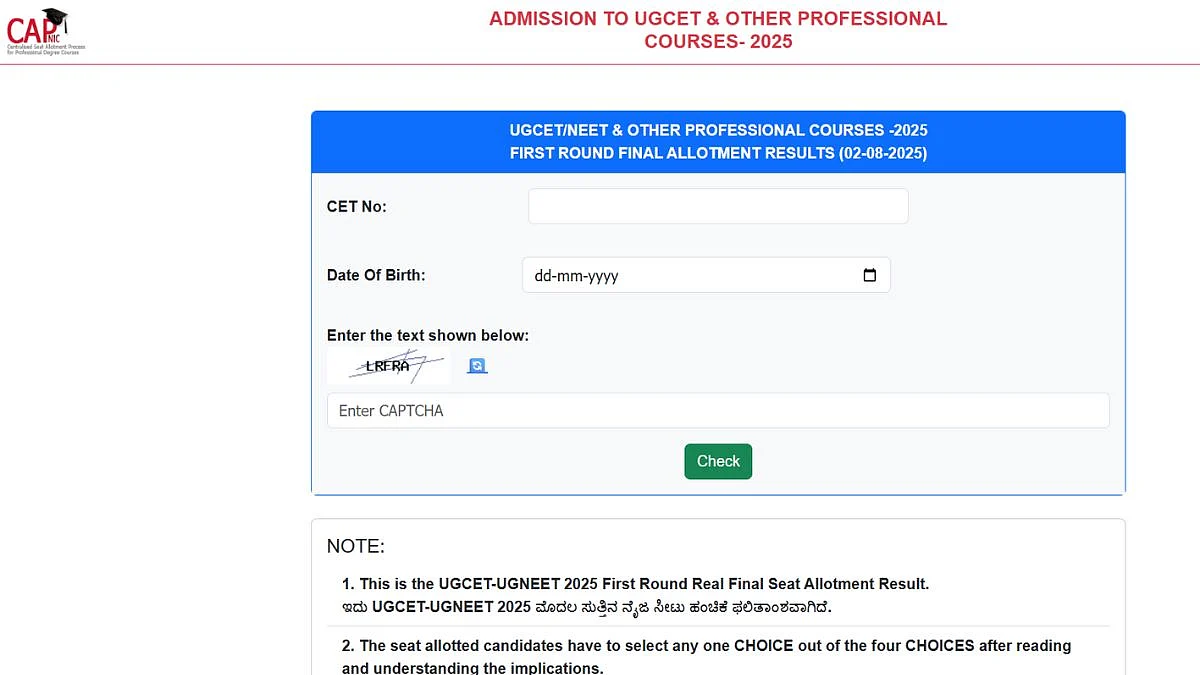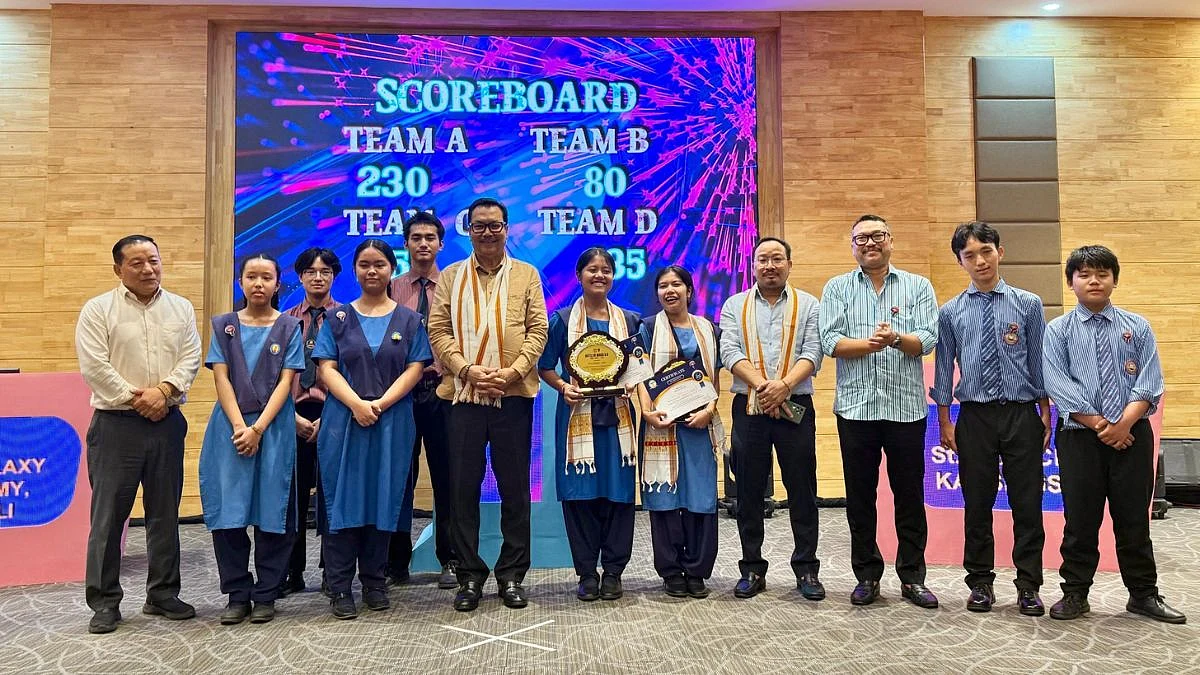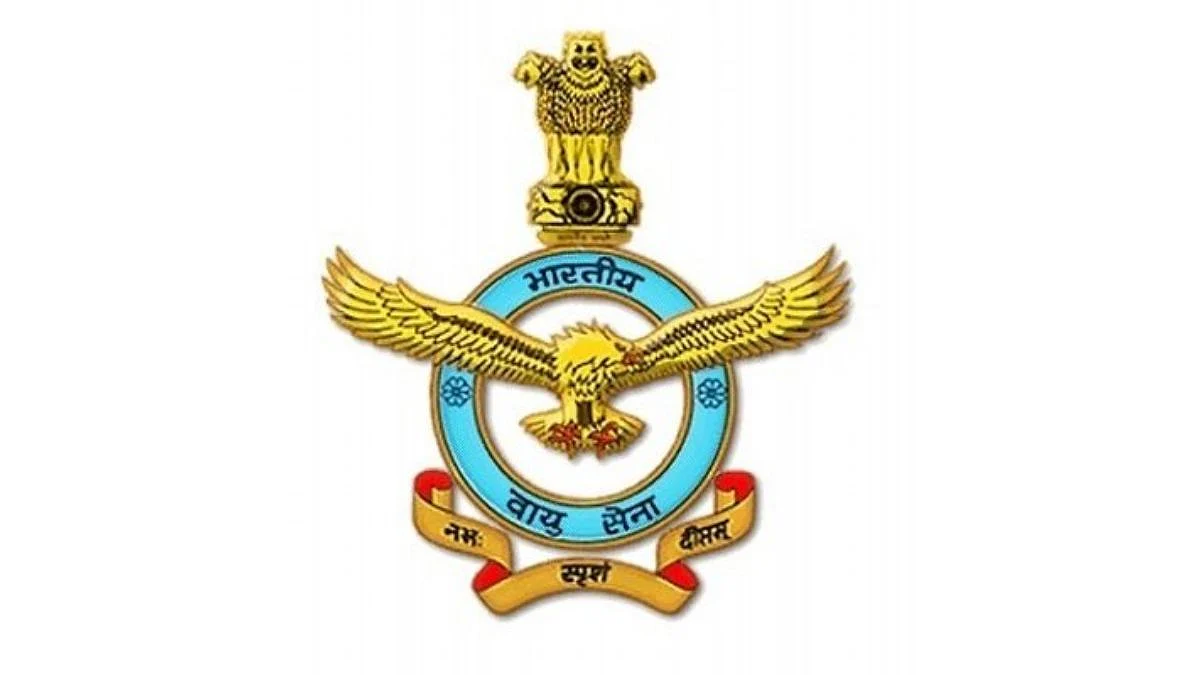Palakkad (Kerala): What if a library lent out people instead of books? At the Indian Institute of Technology (IIT) Palakkad, that question is no longer hypothetical.
The prestigious engineering institute is assembling a "Human Library"- -an unconventional project where visitors can read "human books".
These "human books" will share their stories in conversations, offering readers not just narratives, but flesh-and-blood lessons in resilience.
If a person has faced social stigma, overcome barriers related to caste, class, gender, colour, occupation, disabilities, or other challenges, and has a unique story to share, they can become a "human book" in the upcoming Human Library event hosted by IIT Palakkad, an official said.

He said the initiative draws inspiration from the well-known Human Library movement, which began in Denmark years ago.
The institution plans to introduce a similar concept in the state, providing a platform for marginalised individuals to share their personal stories, he added.
An IIT assistant professor said the Human Library is a one-of-a-kind space where real people become "books," sharing their experiences, breaking barriers, and sparking meaningful conversations.
"We are now on a search for Human Books- the individuals willing to open up about their stories, challenge stereotypes, and help build a more inclusive world through dialogue," Sudarshan R Kottayi, an Assistant Professor, Department of Humanities and Social Sciences, IIT Palakkad, told PTI.
About The One-Day Event
The one-day event is being hosted under the aegis of the Department of Humanities and Social Sciences, in association with the Unnat Bharat Abhiyan (UBA), a flagship programme of the Union Ministry of Education.
A queer mental health researcher and a trained clinical psychologist, Sudharshan said such platforms are inevitable for the discriminated people to open up about their harrowing experiences, traumatised moments, and daily psychological violence and abuse they face in life.
The faculty said he himself has been subjected to several discriminations even at the IIT campus over various stereotypes, and so he is clearly convinced about the significance of such a platform.
"If any change happens in the minds of any reader (participant) after reading the stories of our books (marginalised people) in the Human Library, it may gradually pave the way for a social change. That is the objective of hosting such an event," he explained.
Kottayi said he recently approached the Denmark-based organisation to get a publishing partnership to host the Human Library at the campus.
"I am the publishing partner, and IIT Palakkad is the host institution. As per their instructions, we have to host the event within one year. We plan to organise it in January or February next year," he said.
If the event is organised successfully at the IIT, the partnership may get renewed, and they will get permission to host similar events in a public space like a library or town hall.
"People from anywhere in India can apply to become human books. But, as per the guidelines of the Denmark organisation, we cannot provide any monetary support to the books for their participation, as it should be completely voluntary," the assistant professor explained.
Prabhulladas R, the UBA project coordinator at IIT Palakkad, said the Human Library offers recognition to the profound emotional landscapes of the marginalised people that are trained to silence.
"Human library is a concept in which an individual himself or herself becomes a book based on his or her experience," he told PTI.
Based on their profound personal experiences in life so far, they will be declared as books, he said.
"We are now on a mission to identify such people who have unique personal stories to share. Those who are willing to narrate their profound personal experiences with the readers (the participants) in the event can apply now," he explained.
The persons who are interested in such topics can come to the "human library" as readers and "read" those "human books" by interacting with them, he said.
Prabhulladas said they are getting many queries and emails from persons belonging to diversified areas in this regard.
"We have identified 7 persons to become human books. A person suffering from complete albinism, a disabled individual, and a transgender doctor are among them. Nothing finalised...Our search is continuing," he said.
As per the guidelines, at least 12 "books" are needed to host a Human Library.
After identifying the "books", they would get an orientation under the IIT team on how to present themselves during the event.
"As Human Library is a live event, there can be any kind of questions from the readers. There may be some intimidating questions. But, there is no need for "books" to answer the questions that they are not comfortable with," Kottayi said.
In such circumstances, they can answer like, "that chapter is yet to be written".
"Those people are already subjected to several discrimination and mental and physical torture. So, the event should not be a further traumatising experience for them. So, they have all the freedom to give such ethical excuses," the assistant professor added.
People belonging to different walks of life, including students, youths, scholars, and the general public, are expected as readers (participants) in the "human library," the IIT sources added.
(Except for the headline, this article has not been edited by FPJ's editorial team and is auto-generated from an agency feed.)



